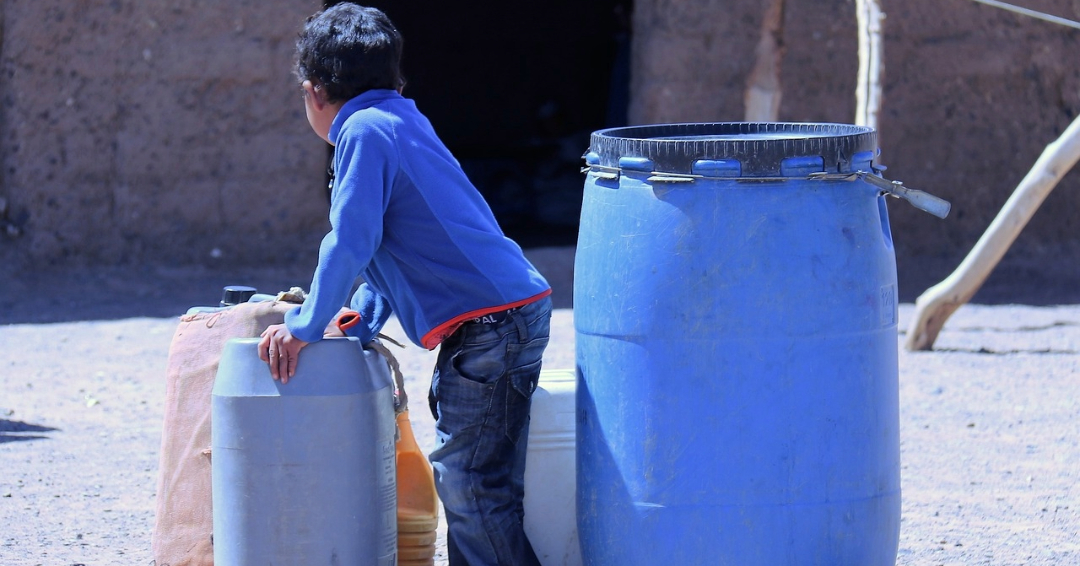Water scarcity remains a critical global challenge impacting communities worldwide. With conventional water sources depleting due to climate change and soaring demand, countries facing water scarcity confront multifaceted challenges affecting their sustainability and potentially triggering social unrest.
From harvesting fog in dry regions using vertical mesh systems to cloud seeding for rain enhancement, innovative technologies are reshaping water procurement. Fog water collection projects in Chile, Eritrea, Israel, and Oman illustrate the viability of tapping into fog as a drinking water source. Additionally, cloud seeding technology has demonstrated the potential to increase precipitation by up to 20%.
Micro-catchment rainwater harvesting systems prove pivotal in capturing rainwater before evaporation in arid regions. These systems range from rooftop collection for domestic use to agricultural water harvesting, maximizing rainfall storage for future use.
Meanwhile, seawater desalination, propelled by technological advancements, is emerging as a reliable climate-independent water source, projected to supply a quarter of urban coastal centers' municipal water by 2030.
Iceberg harvesting, though a bold concept, is being explored by countries like the United Arab Emirates and South Africa as a potential solution to water scarcity. While technically possible, it involves precise planning to tow icebergs across oceans, raising questions about feasibility and economic viability.
Prioritizing environmentally sustainable and economically feasible solutions is imperative for a resilient and diversified water supply.
Source: Universal Sci

